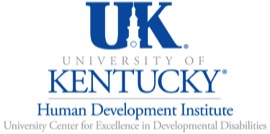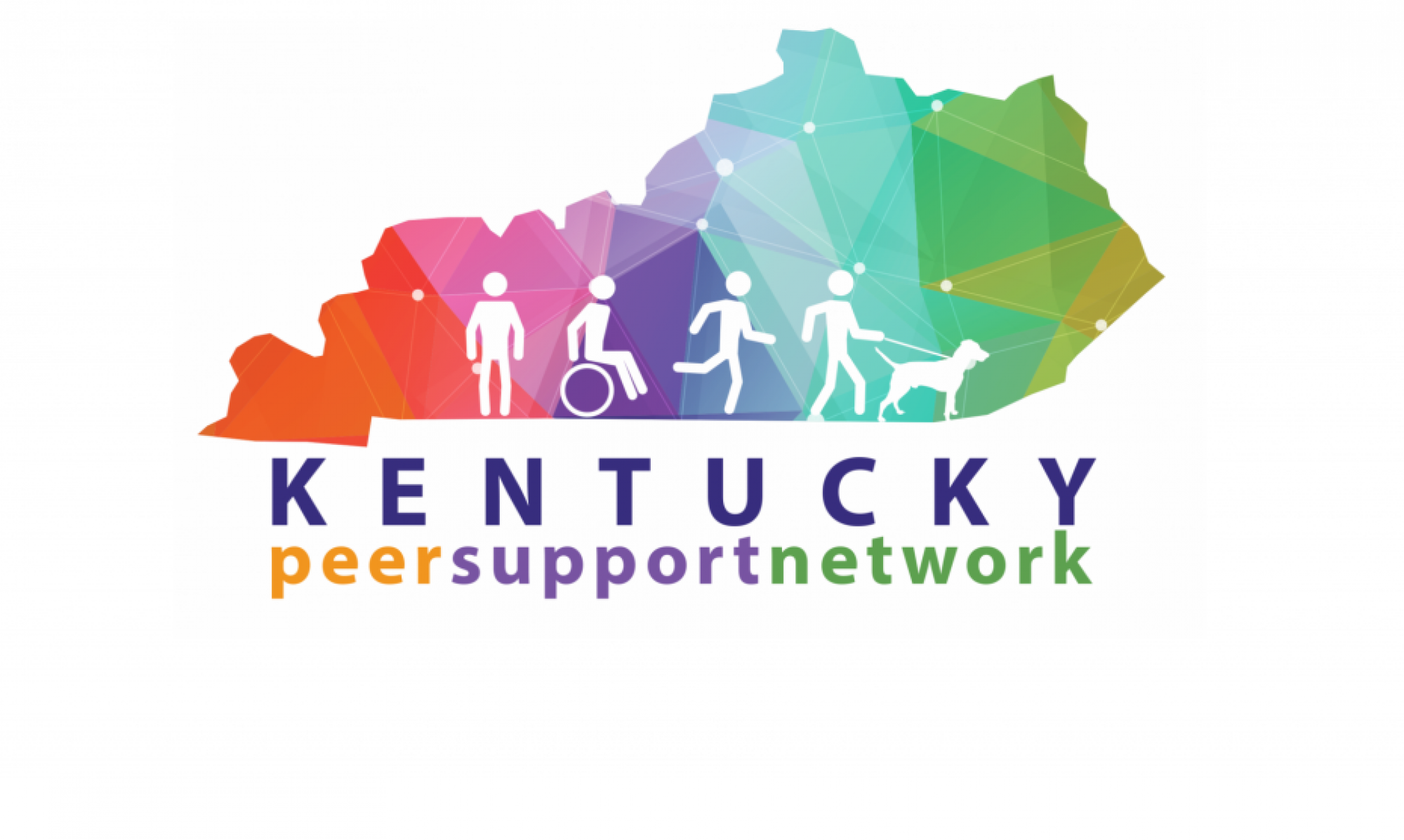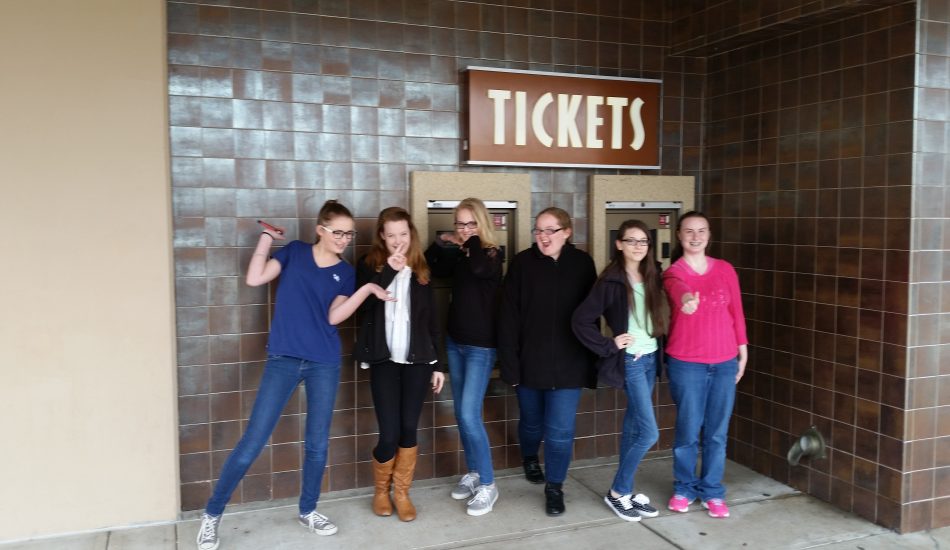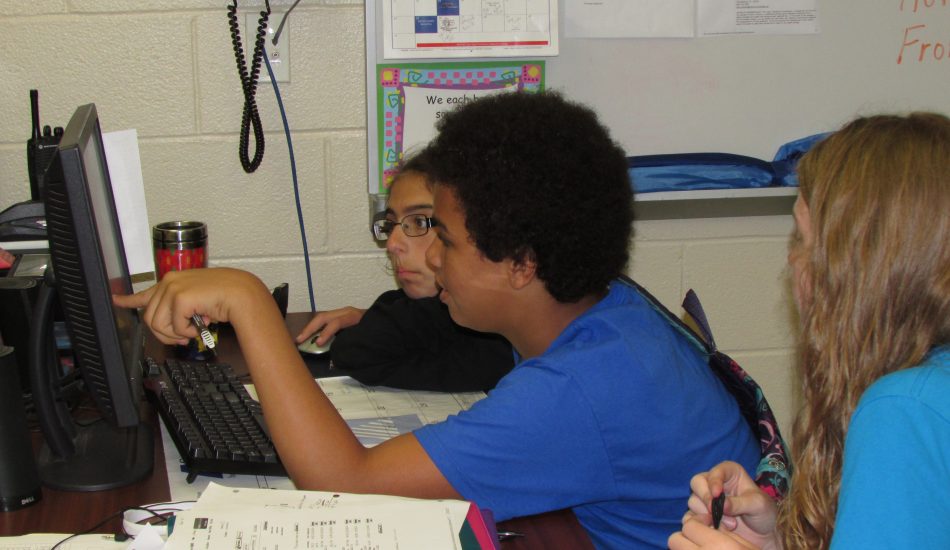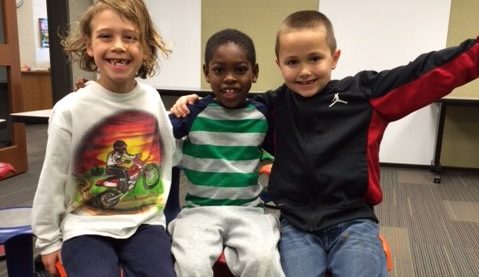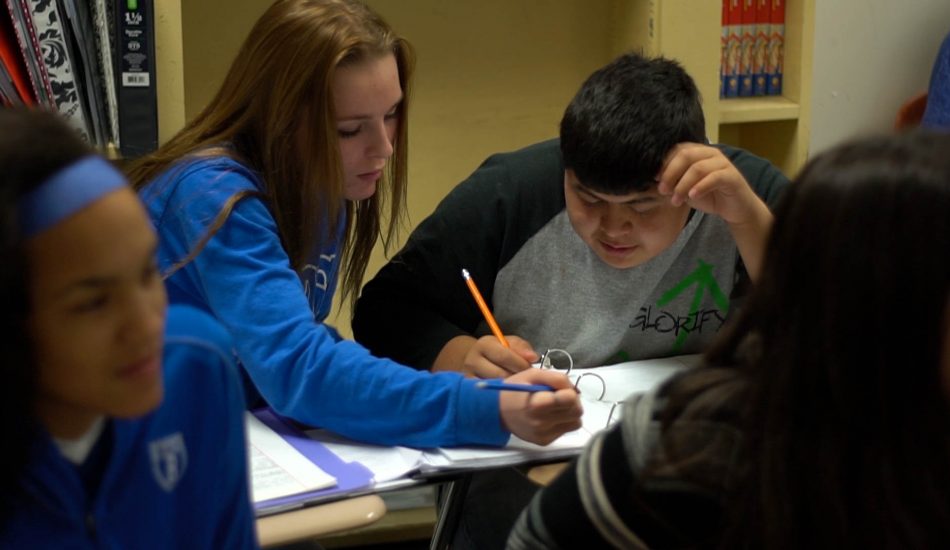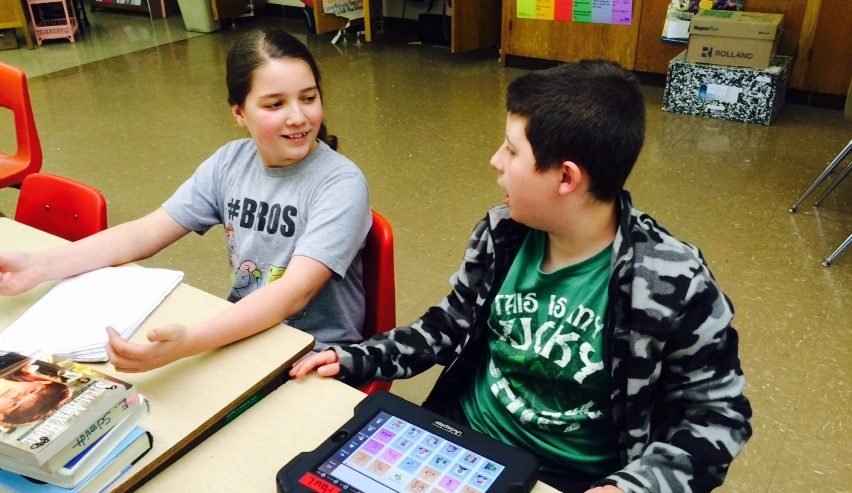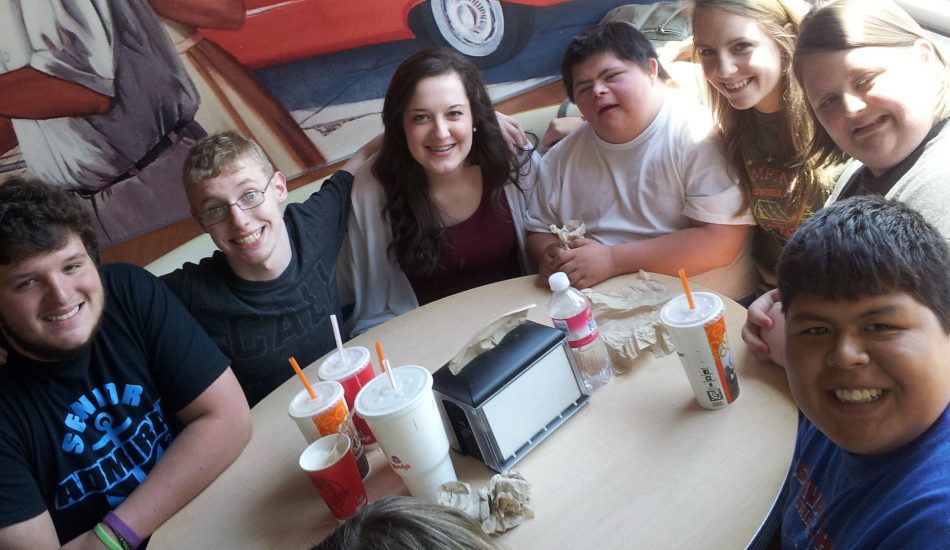Fostering friendships, learning, and inclusion for students with significant disabilities in Kentucky. Funded by the Commonwealth Council on Developmental Disabilities.
NOTE: Beginning in the Fall 2018, the Kentucky Department of Education will work to fulfill the requirements of Senate Joint Resolution 52 (passed unanimously by the KY House and Senate in Spring 2018) by having the Regional Special Educational Cooperatives take the lead role in working with schools within their respective regions in implementing peer support arrangements and peer networks. Click here to find your school’s Special Education Coop: Kentucky Regional Special Education Cooperatives
For an infographic and research brief about project impact to date, see our Project Impact tab. For a quick explanation and comparison of Peer Networks and Peer Support Arrangements, see our Power of Peers handout.
***************
Why Should Schools Implement Peer Networks and Peer Support Arrangements?
Research tells us that making friends can be especially hard for students with significant disabilities. Peer support arrangements and peer networks can help foster relationships by bringing students together! The University of Kentucky Human Development Institute, through funding from the Commonwealth Council on Developmental Disabilities, is training schools throughout the state to set up peer support and peer network programs.
Peer support arrangements and peer network programs are evidence-based practices which involve identifying and equipping a group of peers to provide ongoing support to individual students with significant disabilities in or outside of the classroom. Within inclusive, general education classrooms, peer support arrangements are set up by training students (usually a student with a significant disability along with one to three peers) to provide academic and social support to each other during ongoing learning activities.

Beyond the classroom, a group of peers (usually three to six) form a peer network together with a student with a significant disability, to help foster social connections and friendships between classes, at lunch, in extracurricular activities, or beyond the school day. School staff facilitate these groups to ensure their success. Note that these programs are a step beyond traditional peer tutoring/peer buddy models that many schools use, in that they include multiple peers to support students and, most importantly, they facilitate learning and friendship outside the special education classroom.
There are clear benefits for students who are in peer support arrangements and peer networks. The structured face-to-face time allows students to get to know each other well, a necessary component for friendship. Participation in enjoyable social events, like sporting events and after school activities, allow students to have fun and to grow as they are getting to know each other. Peer support arrangements and peer networks can help students become more efficient communicators and increase participation in the classroom. Academic engagement is enhanced, and students’ self-confidence and self-determination are increased by the support they receive from their peers.

Typical peers gain benefits through peer support arrangements and peer network programs as well. Students without significant disabilities learn about individuals with disabilities and, in turn, learn a great deal about themselves. They are given an opportunity to build new friendships and may become involved in activities they had never considered. Academics are also enhanced—research shows that students who themselves were just getting by or even struggling in a class raised their grades by over a full letter grade in classes where they supported a peer with a significant disability!
The Kentucky Peer Support Network Project staff from the Human Development Institute include Dr. Harold Kleinert, Director Emeritus, Lou-Ann Land, Project Director, and Patti Logsdon, Project Coordinator.
Our regional trainings are based on the work of Dr. Erik Carter of Vanderbilt University. His work focuses on evidence-based strategies for supporting access to the general curriculum and promoting valued roles in school, work, and community settings for youth and adults with intellectual and developmental disabilities.
Funded by the Commonwealth Council on Developmental Disabilities

